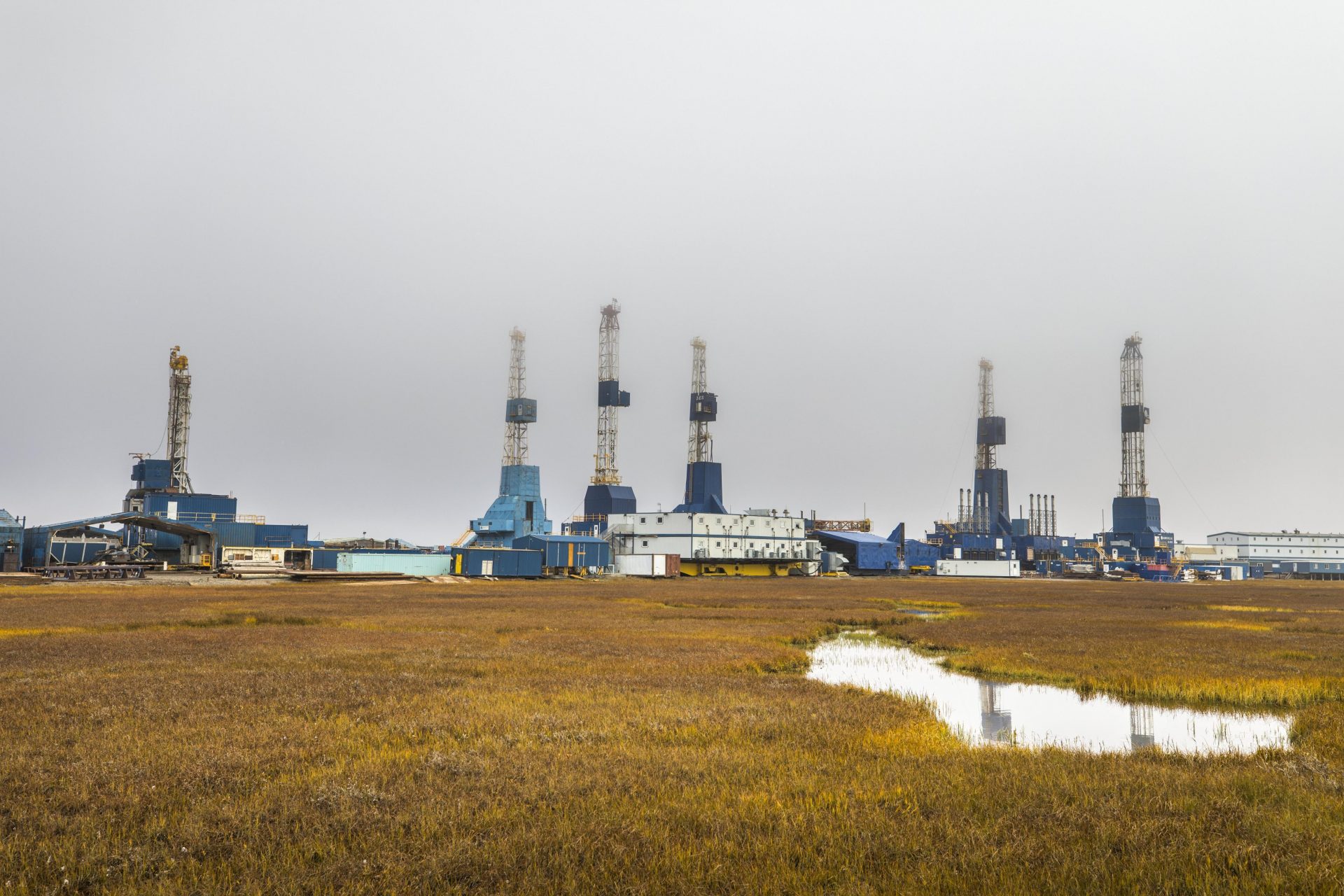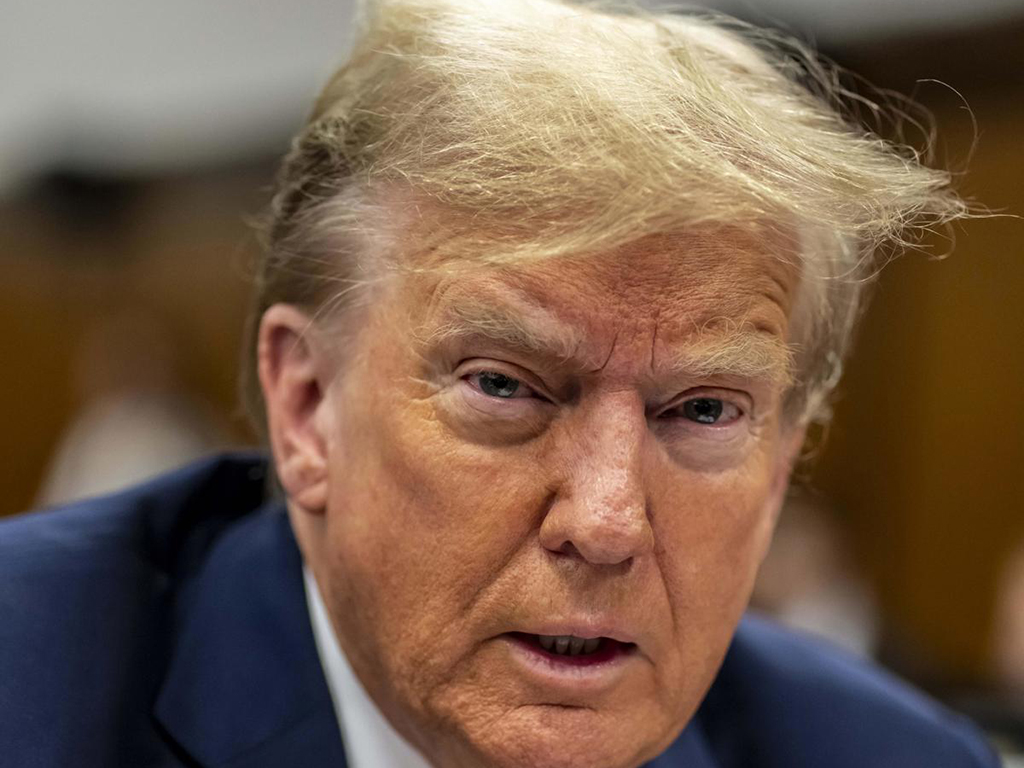By Jairo Mejia
New York, Jun 1 (EFE).- You don’t run across an anti-system former police chief every day, but for ex-Boston police chief Dan Linskey – a central figure for a few days in 2014 when the city was convulsed by fear in the wake of the Boston Marathon bombing – the way to move beyond the current urban rioting around the country is to correct the “systemic racism” that is behind much of the police brutality vis-a-vis the black community in the United States.
In an interview with EFE, Linskey, currently the risk management director for the Kroll security consulting firm, said that the problem that has spurred the protests against racism and police brutality all across the US after the death of African American George Floyd at the hands of white cops on May 25 in Minneapolis is not exclusive to that city’s police department but rather a factor within US society as a whole.
Linskey said that one can find the same portion of racist individuals both in police forces as in society in general, adding that that is something that has to change at all levels via education and fostering tolerance.
The former Boston chief in 2014 led the police response after the Marathon bomb attack that killed three people and resulted in an unprecedented police deployment in the Massachusetts capital until the death during a police chase of Tamerlan Tsarnaev and the capture of his younger brother Dzhokhar, who staged the attack with homemade explosives.
There are certain times when the police must intervene decisively and with force and there are others when the best thing is just to let things run their course to prevent confrontations and bigger problems, he said regarding the protests that have erupted around the US since Friday and in some cases have deteriorated into violent clashes with police, vandalism and the looting of stores and businesses.
Linskey said he was not going to comment on what the police have done well or badly in various cities because “each police department has to deal with the situation in a different way. There is no cookie-cutter approach.”
However, he was categorical in his condemnation of how the four Minneapolis officers attempted to conduct Floyd’s arrest, where one of them knelt on the handcuffed and facedown man’s neck until he lost consciousness and for several minutes after that, presumably causing his death from either asphyxiation or blocking the blood supply to his brain.
Boston’s former top cop said that there have clearly been violent agitators at some of the demonstrations who have tried to destabilize things and sow chaos to take advantage of the clashes, and he asserted that “some violent actors are hijacking the peaceful and legitimate protest.”
At the same time, he acknowledged, there are incidents – like ones of police vehicles running down demonstrators in New York and Los Angeles – that do not contribute to lowering tensions.
“You ask me about the NYPD van ramming into people on Saturday. That is not a standard procedure for crowd control in any way. It’s counterproductive to de-escalation. I would have ordered an immediate investigation into that. Only if the lives of the officers are in danger will such behavior be justified,” he said.
Regarding the situation in Minneapolis, the epicenter of the protests and a city that has been under a curfew for the past three nights, Linskey said that “What I can tell you is what I would have done in Minnesota, which is talking immediately to the community, be transparent, communicate and take measures to discipline the people involved.”
“This is a process. The police have to build a connection with the community, engage and communicate for a long time,” he said.
“Since Ferguson (the August 2014 Missouri incident where another unarmed black man was killed by white police), there has been a lot of professionalization of policing, with better training in community policing. For instance, there has been very good training to treat and understand people with mental health who were being victims,” he added.
“So much of the blame is directed at the police, but the problem goes beyond a few bad cops – it has to do with a systemic racism that has been in place for years, and that has to change with education and other tools to change our society and the oppression of African Americans,” Linskey went on to say.
Recalling an incident that took place – coincidentally – on the date of Floyd’s death in New York’s Central Park, Linskey said: “If that woman … from New York calls 911 because she’s a racist and thinks a black man is harassing her, the police will response and will start asking questions and get in the middle of all that. That doesn’t mean the police are racist, it’s the society who is racist.”
In that incident, a white woman walking her dog in Central Park called the police because – she said – a black man who had been taking photos of birds was harassing her, when evidently he actually had been asking her to put her dog on its leash, as local ordinances require.






